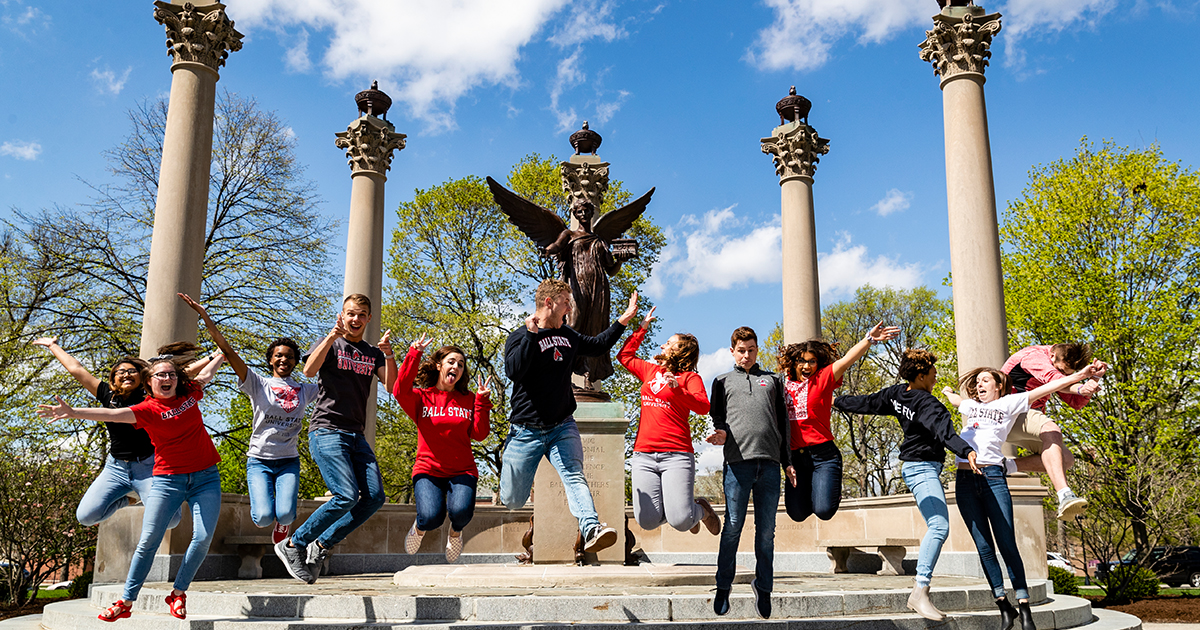

I think people interested in international psychology should think critically about their curiosities and what is driving them to get involved in this type of work. Do you have any recommendations for alumni who might want to become more involved in international psychology? Finally, I try my best to support people while also focusing on the vision and strategic plan of the Division. Additionally, as president, I have used my conflict prevention and resolution skills to address interpersonal challenges that have emerged both within the Division and in APA.
#MY BSU BALL STATE UNIVERSITY FULL#
I also helped to secure full voting rights for students in the Division, and I established a forum for all the presidents of APA’s Divisions to discuss international issues. For example, this past year the Division issued a statement in response to the Black Lives Matter movement, created a global COVID-19 task force, and developed plans to publish a special issue on the effects of COVID-19 worldwide. In my meetings with the Division leadership, I facilitate discussions about current and new initiatives, the division’s publications, students and Early Career Psychologists expanded involvement in the Division, strategies to further globalize psychology in ways that respect and promote indigenous theories, methods, and practices, opportunities to collaborate with other APA Divisions and psychology organizations worldwide, and salient societal issues. In my role as president, it is my responsibility to lead meetings with board members and other leaders (e.g., Committee Chairs Journal Editor) in the organization, and to be “the face” of the Division. I never expected to get elected., but I did! What are some of your responsibilities as leader of the Division? My platform had a focus on cross-cultural methodology and science. However, the leaders of Division 52 continued to approach me, and a few years ago I thought, “OK, I am at the point in my career where I can devote time to a leadership position,” so I ran for president. I had won the Division 52 mentoring award for mentoring international folks and became the chair of the mentoring award committee, but I was hesitant to take on a leadership position because I was worried it would detract from my scholarship and work with my students. I was the cofounder and president of the international section of Division 17 (Society of Counseling Psychology) and through that role one of the leaders of Division 52 approached me to get involved. How did you end up as president of the Division? Collaborating with students led me down the path of wanting to do more international work. It gave me a taste of international psychology, and I began collaborating with other international students such as Dr.

She invited me to come down to do some work with the Ministry of Education, and that was the first international trip I took related to work. International psychology, however, was not part of my career until the late 80s when I had a master’s student from St.

Also, my family members were in jobs that resulted in them interacting with people from different parts of the world that had immigrated to New York. I grew up in a very diverse neighborhood in Brooklyn in terms of nationality, ethnicity, race, and religion. What first interested you in international psychology? For information on Division 52, visit the website. Lawrence Gerstein is the president of APA Division 52 (International Psychology) and has been on faculty in the department at Ball State for 30-plus years.


 0 kommentar(er)
0 kommentar(er)
